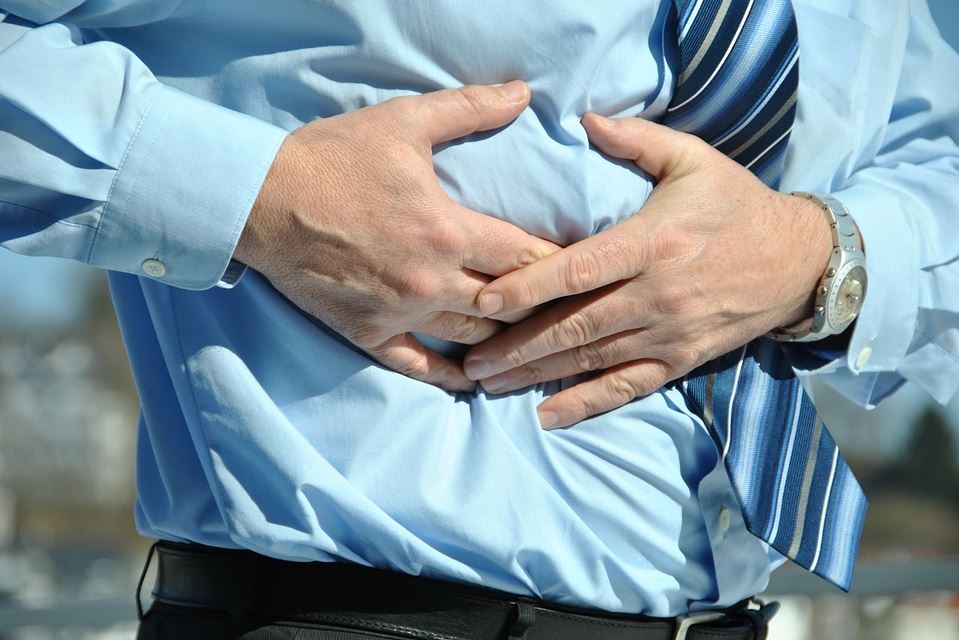Men?s health emergencies require the care of well-trained and experienced medical professionals. If you have a men?s health condition that requires emergent care, it is important to recognize the symptoms early and seek help in a timely manner. Often the first level of care will occur in the emergency room or even en route in the ambulance. Front line medical providers will include EMS providers, nurses, medical technicians, and physicians. Below is information on several men?s health emergencies and resources to train to become a professional capable of handling such situations.
Acute Urinary Retention
Obstruction of the ureters or urinary bladder can prevent the ability to urinate and usually presents with sudden onset of severe pain in the penis, abdomen, or back. The obstruction can be due to bladder stones, blood clots, benign prostatic hyperplasia, or nerve damage. If immediate treatment and relief of the obstruction is not achieved, permanent damage to the kidneys or bladder can occur. Health professionals should make sure to assure the patient that he will be taken care of so he does not get overly worried. The doctor will conduct a physical examination on the lower abdomen to ascertain the exact cause of the problem. 
Treatment Possibilities
Tests like a cystoscopy, X-ray and CT scan may be ordered if your doctor feels that they would be appropriate. A blood test for prostate-specific antigen may also be performed. Your doctor may also order other tests if needed. These include a prostate fluid sample test, and urodynamic tests to measure the bladder?s ability to be completely emptied. After the exact cause is found, a catheter may ordered to treat prostate enlargement, and/or surgery. Remember, all these details are specific to the individual man.
Testicular Torsion
Testicular torsion occurs when there is twisting of the blood vessels that supply the testicles. One or both testicles may be involved. Symptoms include extreme pain in the scrotum or lower abdomen, bloody semen, and swelling of the scrotal sac. If the blood vessels are not untwisted in a timely manner, the tissues of the testicle can die due to lack of blood supply. Death of the tissues in irreversible and the testicle will have to be removed. Untimely treatment can result in loss of fertility. This men?s health emergency most commonly occurs in teenage boys.
Associated Treatment
Surgery is required to correct testicular torsion. In certain cases your doctor may be able to perform a manual detorsion by pushing on the scrotum. However, surgery will still be required to keep the problem from happening again. In surgery, your doctor will make a small cut in the scrotum, untwist your spermatic cord if necessary, and will then stitch one or both sides of the testicle to the inside of the scrotum to prevent future torsion. The sooner the testicle is twisted, the better. This injury can result in the loss of fertility and testicles, so get in to see your doctor if you think this may have occurred.
Health Education and Training
One can obtain a nursing degree, go to medical school to become a physician, or train to become an EMS provider. Online education is a convenient way to receive some or all of this training, or to see if the field is right for you. When it comes to nursing, RN to MSN nursing degrees are a popular option at most accredited universities. Whether you want to dedicate four or more years of training in a traditional classroom or whether you want to study independently for an online degree, there are many ways to enter a career where you will encounter men?s health emergencies.
How to Develop a Strong Mental Response to Emergencies
In stressful situations, our fight-or-flight response is activated and stress hormones are released into our bloodstream from the adrenal medulla, a gland on top of our kidneys. These hormones include epinephrine, norepinephrine, serotonin, testosterone, and dopamine. The way the brain responds to emergencies includes many physical symptoms. Some of these include: increased heart rate, dilated pupils, increased respiratory rate, and diversion of blood flow to crucial areas such as the brain and lungs. Developing a strong mental response requires recognizing that these symptoms are normal and to avoid psychological traps of having fear and anxiety impairing the ability to respond appropriately. Whether you plan to receive professional training to provide emergency care to patients who experience these conditions or whether you want to gain knowledge and skills to help yourself and those around you, many resources are available online. As with any type of emergency, the initial response often determines the final outcome. In order to act quickly and effectively, a strong mental response is necessary. With sufficient knowledge and skill, you can ensure the best outcome for any men?s health emergency.